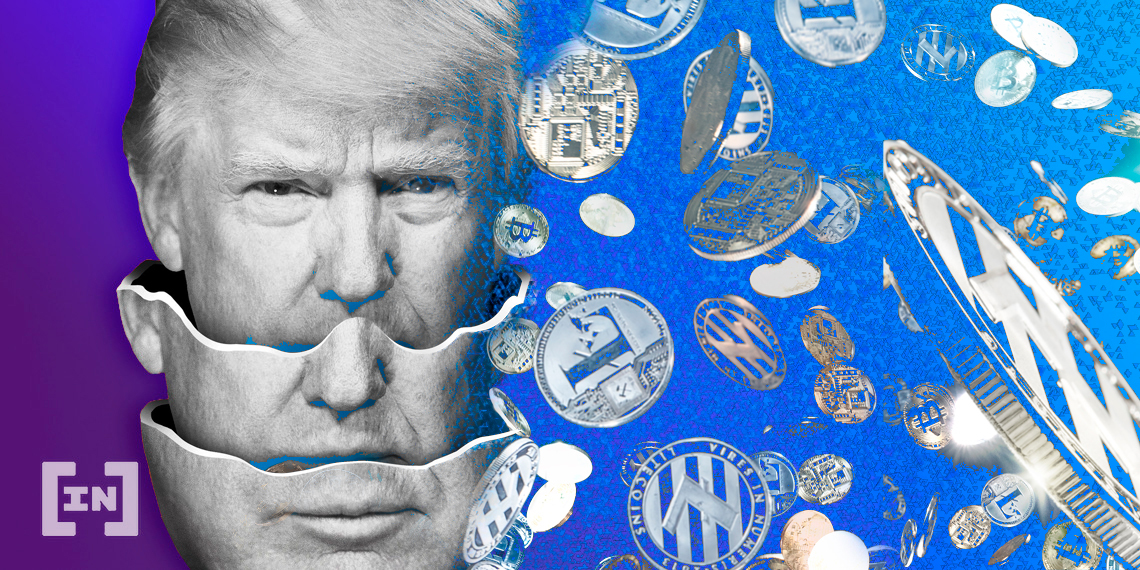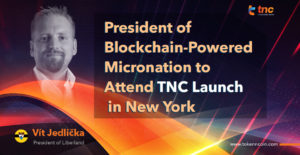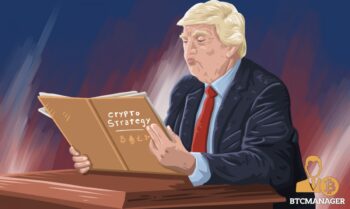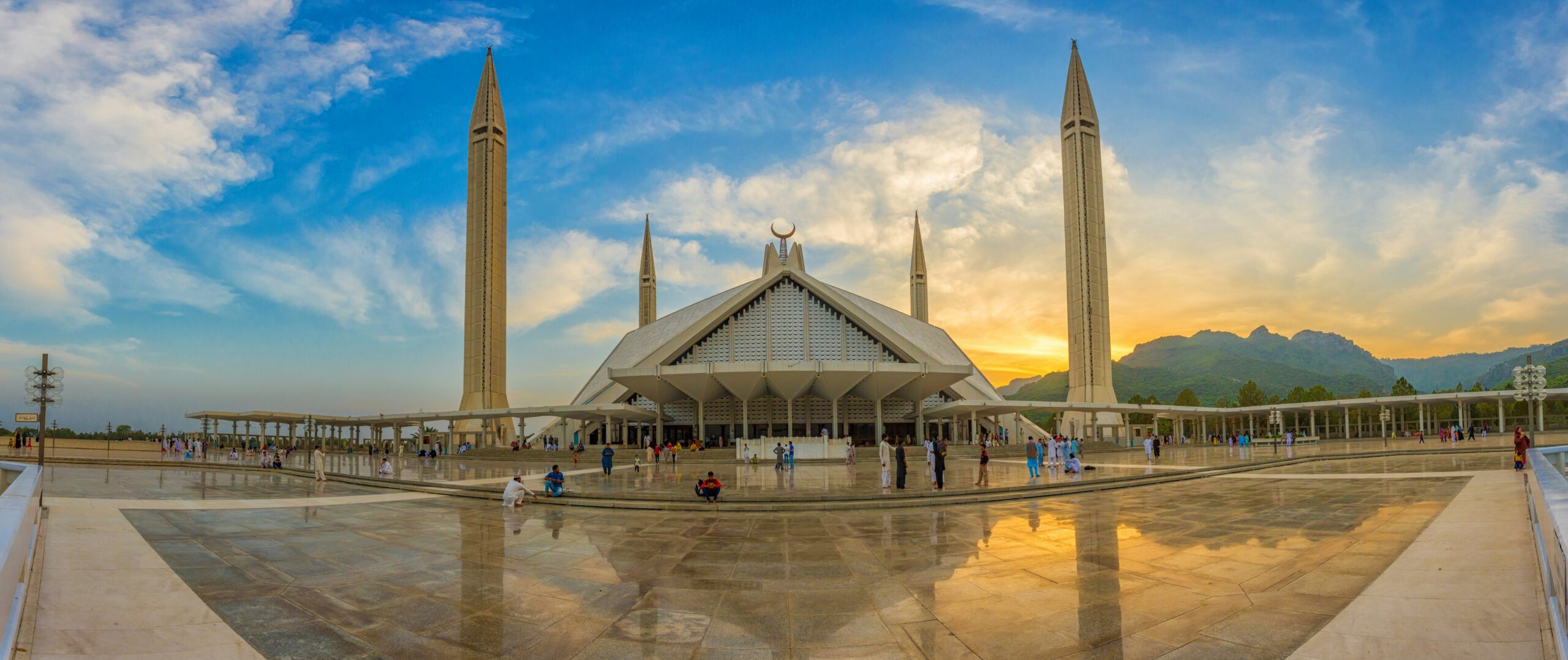
2019-12-18 13:30 |
According to Dr. Arif Alvi, the President of Pakistan, the country’s industrial sector needs to prepare for dealing with disruptive tech, such as AI, blockchain, and IoT.
Beware the BlockchainNew, emerging technologies are spreading around the world, and while they may be well-known and common in some countries, they are only just arriving in some areas. Things such as IoT, Artificial Intelligence, Blockchain, and robotics, while advanced, also have a reputation for being highly disruptive.
So much so that Pakistan’s President has allegedly warned the industrial sector of the arrival of such technologies.
The President voiced his concerns during the Taskforce on Emerging Technologies’ meeting on Tuesday, December 17th. Others in attendance included Khalid Maqbool Siddiqui, the country’s Minister for Information Technology and Telecommunication, as well as multiple IT experts.
He also stressed that the evolution of Information and Communication Technologies (ICTs) had a major role in digital transformation. However, the President also pointed out that there are numerous components to digitally-enabled transformation, and that the investment in the development of things such as technology centers, shared data services, digital identity, and alike, needs to continue.
In other words, he believes that the creation of an innovation ecosystem is essential, and the government has already made several moves to enhance it by supporting new tech startups to avoid being left behind.
Of course, the government is only the beginning, and tech firms will have a major role to play, themselves. However, the President points out that improvement and achieving long-lasting results would be easier and more efficient as a collective effort.
The government must prepare for digitizationPakistan is advancing rapidly, and the President believes that the next ten years will be a decade of the ICT revolution. With a situation like that, Pakistan needs to prepare for its arrival and properly reorganize its infrastructure, thus preparing all the necessary ingredients in order to get the best of it.
Its population will also need the will to adopt new technologies, while another crucial component will be educating its younger generations in IT and Telecommunications.
Furthermore, he also stressed that the digitization of government will be necessary too, including voting technology, and digital identification devices. In addition to that, Pakistan should also prepare for the adoption of cyber tools and apps that need to be adopted in different areas. That includes healthcare, education, security, biotech, population planning, finances, and more.
Of course, some technological trends have been finding their way into Pakistan even before the president started insisting on it. Digital currencies, led by Bitcoin, are a good example of this.
In fact, talks about cryptos in Pakistan, and the possibility of increased use of cryptos in the country, have been there for more than a year, now. In July 2018, Bitcoinist reported a concerning idea that Pakistan might be on the brink of an economic crisis. As such, it could have been inspired to create its own cryptocurrency, similarly to Venezuela, or at least increase the adoption of existing cryptos, such as Bitcoin.
At the same time, new, emerging technologies continue to find their way into all sections of modern, everyday life. AI investments have increased significantly, and blockchain technology is finding more and more use cases in Pakistan. Some of the most common use cases include crypto payments, land registration, digital voting, identity management, traceability of supply chains, taxation, and more.
Do you think that the next decade will bring technological revolution to Pakistan? Let us know your thoughts in the comments below.
Images via Shutterstock
The post President of Pakistan Voices Concerns Over Blockchain Tech appeared first on Bitcoinist.com.
origin »Bitcoin price in Telegram @btc_price_every_hour
High Performance Blockchain (HPB) на Currencies.ru
|
|

























